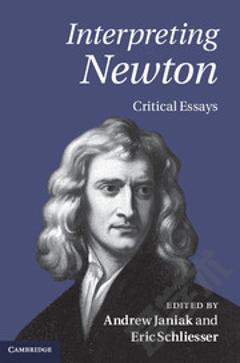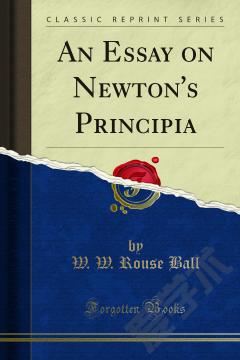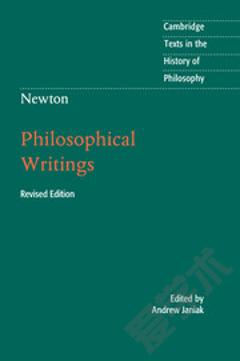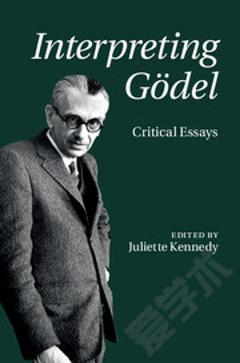Interpreting Newton: Critical Essays
Introduction Andrew Janiak and Eric Schliesser Part I. Newton and his Contemporaries: 1. Newton's law-constitutive approach to bodies: a response to Descartes Katherine Brading 2. Leibniz, Newton and force Daniel Garber 3. Locke's qualified embrace of Newton's Principia Mary Domski 4. What geometry postulates: Newton and Barrow on the relationship of mathematics to nature Katherine Dunlop Part II. Philosophical Themes in Newton: 5. Cotes' queries: Newton's Empiricism and Conceptions of Matter Zvi Biener and Chris Smeenk 6. Newton's Scientific Method and the Universal Law of Gravitation Ori Belkind 7. Measurement and method: some remarks on Newton, Huygens and Euler on natural philosophy William Harper 8. What did Newton mean by 'Absolute Motion'? Nick Huggett 9. From velocities to fluxions Marco Panza Part III. The Reception of Newton: 10. Newton, Locke, and Hume Graciela de Pierris 11. Maupertuis on attraction as an inherent property of matter Lisa Downing 12. The Newtonian refutation of Spinoza: Newton's Challenge and the Socratic Problem Eric Schliesser 13. Dispositional explanations: Boyle's problem, Newton's solution, Hume's response Lynn Joy 14. Newton and Kant on Absolute Space: from theology to transcendental philosophy Michael Friedman 15. How Newton's Principia changed physics George Smith Bibliography.
{{comment.content}}








 京公网安备 11010802027623号
京公网安备 11010802027623号